Clinical waste is waste typically produced in a health care setting or other settings that can lead to an infection and risk to life if the waste is not correctly sorted or stored correctly.
Health care settings have a duty of care, not only to their patients but to the wider community to ensure they correctly and effectively manage their clinical and hazardous waste.
Our team here at Great Western Recycling are experts at clinical waste management and we will discuss the best practices and actions your business can take to develop your waste management. While these points are focused on a health care setting, they can be applied to any business that will produce clinical waste such as tattoo parlours, beauty salons and more.
Examples of Clinical Waste
- Items contaminated with blood and or bodily fluids.
- Human or animal tissue.
- Sharps e.g., syringes and needles and other items.
- Pharmaceutical products and/or drugs.
- Products or items used in the delivery of patient care such as wound dressings, swabs, and soiled personal protective equipment.
Clinical Waste Regulations
In the UK there are rigorous waste regulations in place to ensure the protection of the wider community. For clinical waste, these are controlled and regulated by the Department for Health and Social Care. This body also provides recommendations for the best waste management practices. Not properly categorising and disposing of your clinical waste leaves your business at risk of fines and penalties.
Separating your Clinical Waste
A key regulation is that waste should be correctly separated and sorted into the correct containers. Different types of clinical waste need to be separated because they require different package and storage solutions. These include:
- Infectious Waste – bandages, face masks, PPE, dressings, wipes, gloves and aprons.
- Offensive Waste – this covers everything from nappies to waste from tattoo parlours and beauty salons
- Dental Waste – this can comprise everything from mercury-containing amalgam (fillings) to teeth.
- Cytotoxic or Cytostatic Waste – this term describes discarded medicines that are toxic, carcinogenic, or mutagenic.
- Sharps – this refers to sharp implements that may cause physical harm if not carefully handled such as tattoo needles and scalpel blades.
- Anatomical Waste – from organs and body parts to blood bags, many healthcare organisations produce this kind of waste.
Here are Great Western Recycling we handle all these types of clinical waste. If you need help managing your waste, call us to arrange a highly competitive custom quote.
Learn more about our clinical services >
Display Advice on Waste Segregation
Use informational posters and graphics around your premises to remind people of the appropriate waste that should be placed into the relevant waste containers.
These signs should include:
- What waste can and cannot be put into the container.
- How to seal the container when the bin is full.
- What to do if they believe the waste has been contaminated.
- The process for preparing for the collection of the waste.
Making sure that these are clear will help not only your staff but other members of the wider community to correctly segregate the waste and prevent contamination.
Promote Good Infection Control Policies
Having good clinical waste management will also help you to manage infection risk. Disposing of waste can prevent infections which could be life threatening for patients.
To ensure good infection control, waste receptacles should be plentiful and accessible. You should also:
- Keep all waste storage receptacles well maintained and in full working order.
- Place containers in locations where the relevant clinical waste is generated. This will reduce the level of contamination.
- Ensure that you have the appropriate container for the waste that you are producing, i.e., sharps should be placed into a yellow plastic container that is not broken in any way.
- Paired the waste receptacles with hand washing facilities to allow your staff to clean their hands immediately after handling waste.
- Ensure that all containers for the same waste classification are the same throughout the setting.
- Regularly empty the receptacles and provide a stable supply of the appropriate replacement bags and containers.
By implementing these policies within your setting, you can develop a strong culture for effective waste management
Provide Regular Clinical Waste Training
Ensure that staff are trained correctly in the best practices of waste disposal. Having regular and clear training will help reduce the risk of errors and contamination of your waste, this is because there will be no excuses for poor waste management practices within your setting.
Having these high standards of waste management will ensure that your staff and the wider community are conscious of the waste they are producing and how to correctly dispose of it. Helping us all to take better care of our environment and the people within it.
Partner with a Trusted and Reliable Waste Management Company
It is important that you partner with a trusted and reliable waste management company to manage your waste, as this will ensure that you maintain your ‘Duty of Care’. They can provide support to help you take control of your waste, as well as offering professional handling to protect public safety and guarantee compliance.
Here at Great Western Recycling we help businesses manage their clinical waste in an economical, compliant, and environmentally friendly way. To find out more, speak to one of our expert team today and we’ll discuss how we can help you manage your waste.
